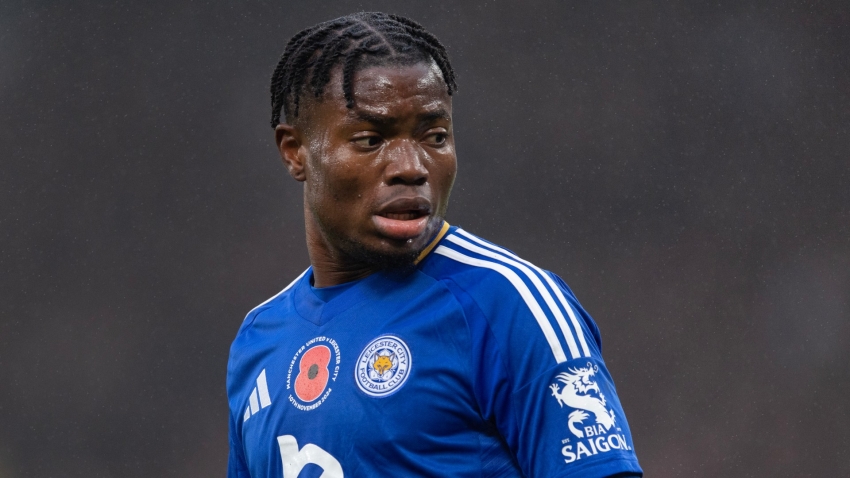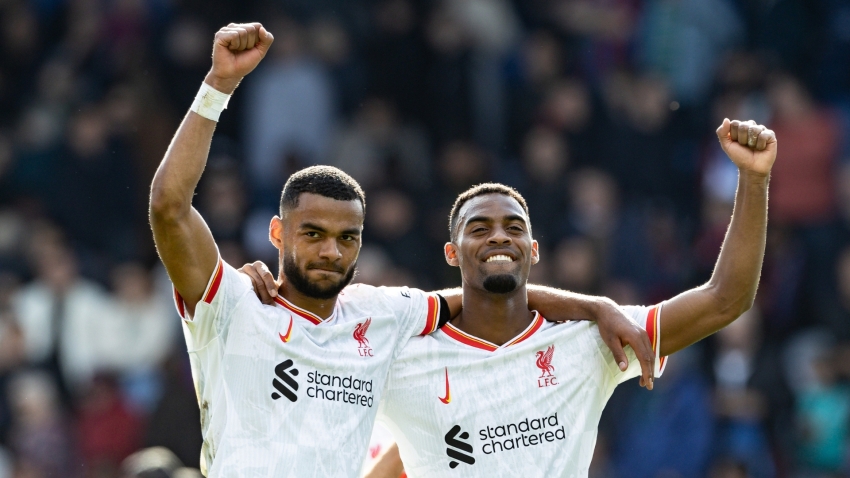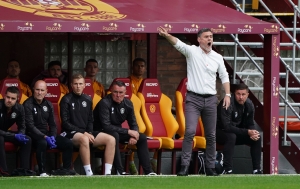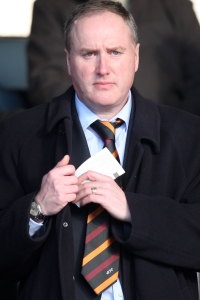Motherwell manager Stuart Kettlewell has stressed the club’s search for investment is part of a natural drive to improve.
Chairman Jim McMahon this week announced he would step down by the end of the season and claimed the club needed “significant investment” to retain a “competitive player budget”.
Interim chief executive Derek Weir is also aiming to make way for a permanent successor by the end of March.
The board will soon unveil plans for a fund-raising initiative which they have been working on for at least two years, but the fan-owned club had never previously publicly announced their intentions.
“I think we can dramatise things,” said Kettlewell, whose team host Rangers on Christmas Eve as they search for a first win in 15 matches.
“The clearest way I can put it is this isn’t a knee-jerk reaction. I can stress from my point of view, this is only being done to see if we can move forward.
“All the add-ons about significant investment, I have read one or two stories this week about other clubs, we are all trying to improve, we are all looking for that bit more money to strive forward. It’s no different at Motherwell Football Club. That will have been a mindset for several years at this club.”
McMahon’s comments will have come as a shock to many, especially as the club received what they described as a “transformational” £3.25million fee from Celtic for David Turnbull in 2020 along with other sizeable transfer income and a £3m Covid recovery loan from the Scottish Government.
Motherwell have spent significantly more on staff costs than comparable cinch Premiership clubs – about £6m more than Kilmarnock for example during the first six seasons under fan ownership. In the 2021-22 season, their staff costs were £5.2m compared to Killie’s £3.4m and the club made a loss of about £1m.
Kettlewell and Weir worked on reducing the player budget over the summer.
“We have been really prudent, we have tried to get things to what we feel is a manageable situation,” Kettlewell said.
“Within that there’s been a dramatic reduction in numbers of players. When you have 18 or whatever senior players and you have three, four, five injuries, it brings its challenges.
“But the most important part is – and I do go hard on this – that we have to move forward now. We can’t stumble across what’s next and guess what comes next. We need to be proactive as a football club.
“Quite clearly we see there has to be a slight change of direction, a slight change of thought process.
“Times change, the cost of living changes, so to be sitting with the same or a less budget as things stand can be a challenge, because football players cost more now, the running of the stadium, the pitch, the training facilities, the academy, all these things cost lots of money.
“We have to make sure we can run all these things but also that we can try and invest and get the best playing squad possible to us.
“So that proactive thinking sometimes has to be that you think outside your box and look for slightly different alternatives, whether there can be some sort of external investment that can nudge things along the way, whether there’s other people that want to help and be involved in the football club that can make us a better version.”
Kettlewell still has a “little bit of scope” in the January transfer window.
“That can alter, I can’t tell you exactly how many that’s going to be,” he added. “What it looks like we might be able to do is bring in one or potentially two. I am not in a position where we want to be losing players.”




























